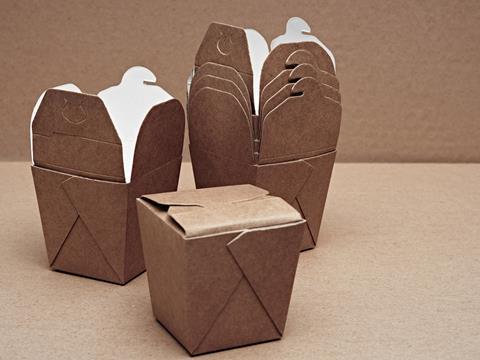
According to a recent report from the European Carton Makers Association (ECMA), an increase in the sale of food and beverage packaging has escalated demand for folding cartons during 2021, but both suppliers and convertors are facing a significant challenge from supply chain bottlenecks.
The report identifies COVID-19 as a key factor in supply chain challenges, with the pandemic resulting in waste paper collection issues that have, in turn, lead to shortages in supplies of recycled fibre. The ECMA says this has disrupted raw material deliveries for cartonboard applications.
In addition, the industry is facing challenges in terms of global supply and demand. Domestic demand is high in the Far-East, which – coupled with disruptions to distribution channels in Europe, such as Brexit – has curtailed imports of Far-East cartonboard and folding cartons in other regions. This seems to have reinforced supply shortages in Europe.
Meanwhile, the industry has seen “significant growth” in the demand for folding cartons as consumer preferences reportedly shift to fibre packaging. Although this is not a new or unwelcome challenge, it appears to have exacerbated other supply chain issues wrought by COVID-19 and regional disruptions.
As a result of these challenges, the ECMA says cartonboard mills are receiving high order intakes, with order lead-times apparently growing from three to five weeks to 12 to 20 weeks. European folding carton converts are therefore facing sharp increases in price due to supply shortages and increasing input costs at cartonboard mills.
The ECMA’s report reflects some of the wider challenges facing the packaging industry as supply chain shortages and bottlenecks appear to be intensifying.
On top of the impacts of production and manufacturing facilities closing in 2020 as COVID-19 lockdowns were instated globally, a study from Smithers identified the postponement of necessary maintenance work until 2021 as another cause of delay in the packaging supply chain.
For the plastics industry, the Storm Uri extreme weather event in Texas during early 2021 meant that production came to a halt for some of the world’s largest polymer and derivatives manufacturers, which is estimated to have had a significant impact on production levels in Europe. Like domestic demand in East Asia for cartonboard, this demonstrates the ripple effect of both predictable and unpredictable factors in supply discrepancies between regions.
While the plastics industry continues to experience growing demand from applications including food and personal care, the supply of raw materials has been unable to keep pace, much like the cartonboard industry, and is driving up the price of polymers globally. Similarly, prices have also hiked for pigment raw materials and petrochemicals in the printing and ink supply chain, again attributed to COVID-19 closures and delays.
On a global scale, and impacting nearly all industries, shipping is facing a crisis with a shortage of containers, containers becoming stranded in some locations, and container ships having to queue to access ports in places such as the USA and China. This has contributed to a rise in shipping costs. The shipping industry is expected to see an increase in profit in 2021, but the unpredictable nature of COVID-19 alongside the stopping and starting of demand due to previous lockdowns means delays are likely to pose a significant challenge to packaging and other industries for a long time to come.
In its report, the ECMA concludes that the folding carton supply chain is resilient. It emphasises the importance of collaboration, management, and support across the value chain to mitigate challenges – an outlook that, going forward, could benefit the packaging industry as a whole.

















